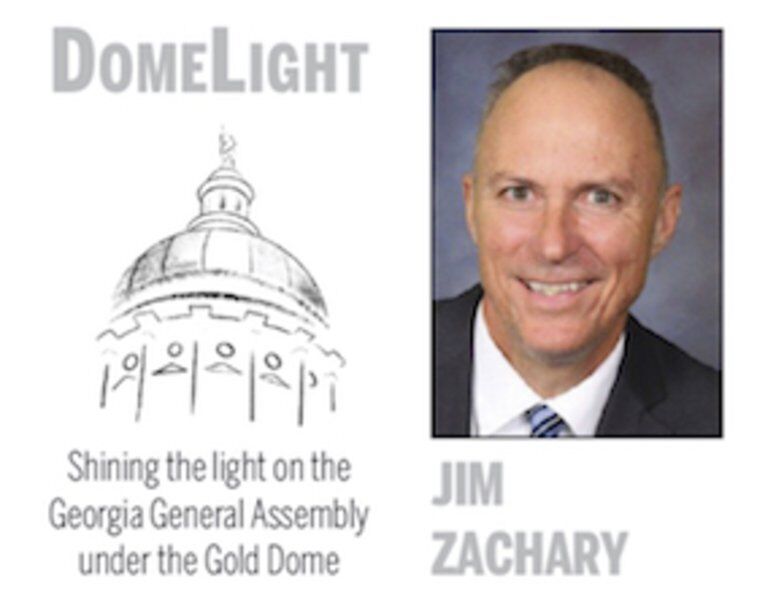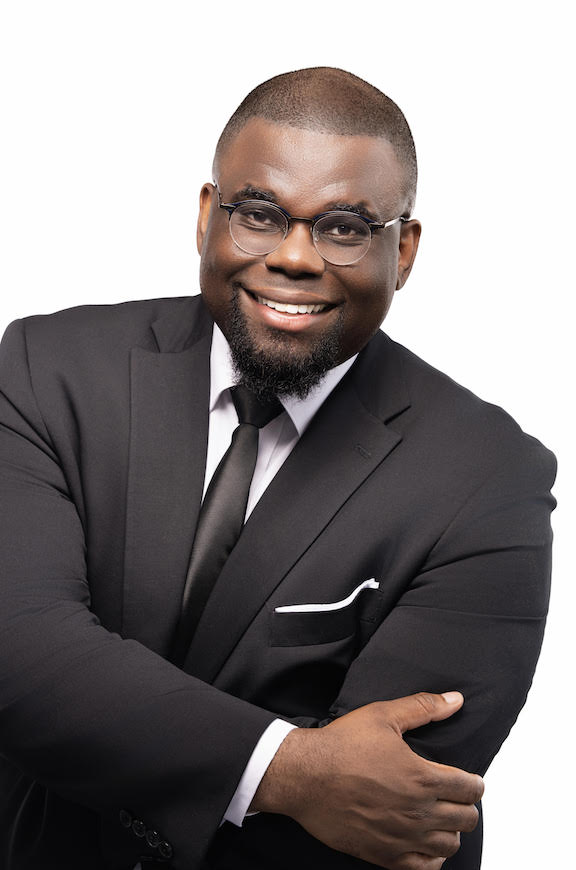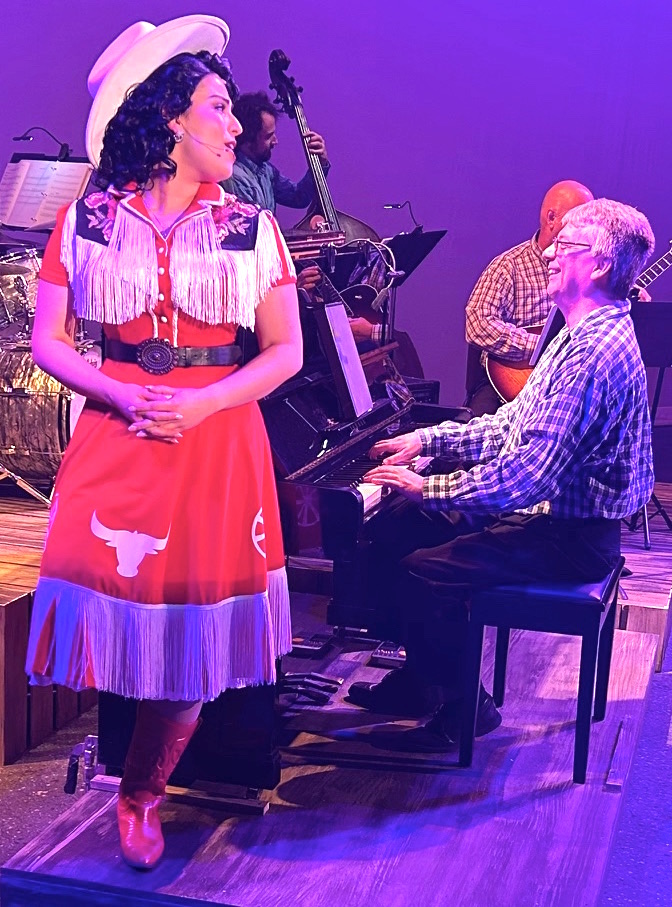ZACHARY: Protests are good for democracy
Published 6:00 am Saturday, April 8, 2023

- CNHI Deputy National Editor Jim Zachary
Few things are more American than protesting. Protests are good for democracy. Violence, on the other hand, is an affront to democracy.
First Amendment protections of free speech are broad.
Trending
The First Amendment does not merely protect the speech of people we agree with or who say reasonable things. In fact, if all speech is not free then there is no free speech. The First Amendment to the U.S. Constitution provides: “Congress shall make no law respecting an establishment of religion, or prohibiting the free exercise thereof; or abridging the freedom of speech, or of the press; or the right of the people peaceably to assemble, and to petition the Government for a redress of grievances.”
In the 45 words that begin the Bill of Rights, five American freedoms are guaranteed.
Among them is the freedom of speech.
No American right is more fundamental than the freedom of speech.
As Americans, we should never be afraid to speak our minds.
The First Amendment applies to everyone — liberals, conservatives and people with whom we disagree.
Trending
In New York Times vs. Sullivan, the Supreme Court said, “We consider this case against the background of a profound national commitment to the principle that debate on public issues should be uninhibited, robust, and wide-open, and that it may well include vehement, caustic, and sometimes unpleasantly sharp attacks on government and public officials.”
Speech does not have to be kind, tolerable or intelligent to be protected by the First Amendment.
There is no general hate speech exception to the First Amendment. Hate speech is not illegal or unconstitutional unless there is a specific threat of terrorism or violence. In those cases, it is not the speech that becomes illegal, it is the threat contained in the speech.
For example, what has been called the “fighting words” exception to the First Amendment, based on case law, might apply if an angry person in a crowd used racial slurs to threaten someone in a way that could erupt into violence, but if those exact same words appear on a sign during a protest, it would not rise to the level of illegality.
The First Amendment protects freedom.
Many of our fathers, mothers, sons, daughters and loved ones made the ultimate sacrifice in giving their lives for the freedoms we hold dear as citizens of the United States of America. They fought for our rights of free speech even if that includes things we find objectionable, distasteful, racist, hateful, irritating or just completely disgusting.
We used to think these kinds of broad freedoms are the very things that distinguish us from authoritarian nations. Why would lawmakers want to change that and chill the freedom of expression?
When public speech is restricted, it is no longer free speech.
When there is no free speech, there is no real freedom.
Jim Zachary is the editor of The Valdosta Daily Times, CNHI’s director of newsroom training and development and president emeritus of the Georgia First Amendment Foundation.





